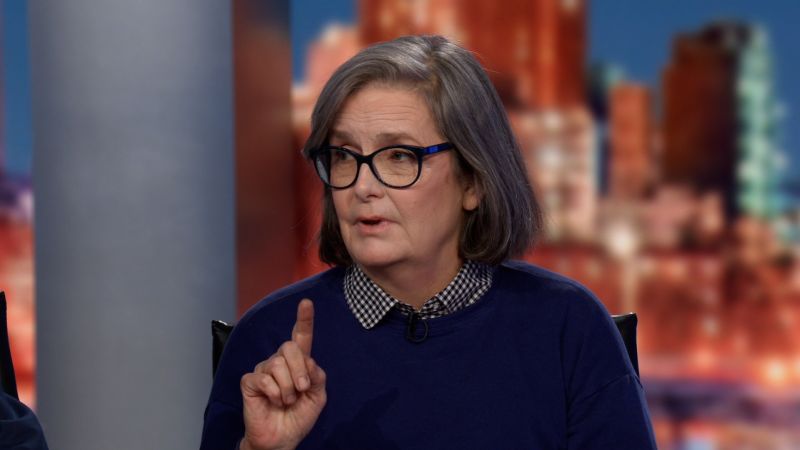Only 10 states have a system as closed as the federal city. More than 80,000 voters in the District, of about 524,000 total, are registered as unaffiliated with either party. Because the city is so blue, the winner of the November general election in most contests is decided in the Democratic primary in June. Independent voters are functionally disenfranchised by not being allowed to participate in the primary that chooses their mayor, for example — a double insult because they already lack congressional representation.
Another common problem in D.C. elections is officials winning with a minority of votes. Ranked-choice balloting would ensure the winner has broad support. If no one gets a majority in the first round, the lowest-performing candidate gets dropped and the second choices of their supporters get tabulated. The process continues until someone cracks 50 percent. This has worked well — from the New York City mayoral race in 2021 to Alaska’s congressional contests last year.
In neighboring Virginia, Arlington County is experimenting with ranked-choice voting for two open county supervisor seats in the June 20 Democratic primary. With early voting underway, the process is going smoothly. In Maryland, Takoma Park has used ranked-choice voting since 2007. This Editorial Board supports legislation to allow Montgomery County to do the same.
Taking this initiative directly to the people of D.C. became necessary after a few entrenched incumbents on the council, reflecting a crusty Democratic Party establishment trying to protect its power, deep-sixed a ranked-choice voting proposal by council member Christina Henderson (I-At Large). Her bill received a hearing in 2021 after a majority of members signed on as co-sponsors but never got a vote. (Ms. Henderson won her own seat in 2020 with 15 percent of the vote in a 23-way race for two spots on the council.)
The Board of Elections needs to certify the draft referendum. From there, organizers in favor would have to collect signatures of support from 5 percent of registered voters. If passed next November, it would go into effect in 2026.
One of the loudest arguments against ranked choice has been that it’s too complicated and confusing for racial minorities, low-income residents and seniors to understand. This insults the intelligence of voters. It’s also wrong: D.C. Public Schools has parents rank preferences in a school placement lottery, and the D.C. Housing Authority uses ranked preferences for public housing assignments.
Paradoxically, Democrats opposing this initiative find themselves in common cause with right-wing figures such as former president Donald Trump, Sarah Palin and Florida Gov. Ron DeSantis, who signed a bill last year to ban ranked-choice voting in his state.
Ranked-choice voting helps temper extremism and discourages mudslinging. It’s no coincidence the only congressional Republicans who survived the midterms after voting to impeach Mr. Trump — Washington Rep. Dan Newhouse, California Rep. David G. Valadao and Alaska Sen. Lisa Murkowski — won in elections where it was used.
D.C. deserves a truly democratic government that represents the will of its majority.







More News
Judge Questions Credibility of Trump’s Lawyer as Witness Details Coverup Allegations
Senate Approves Aid for Ukraine and Israel, Sending It to Biden’s Desk
Opinion | Well, it’s Groundhog Day … again